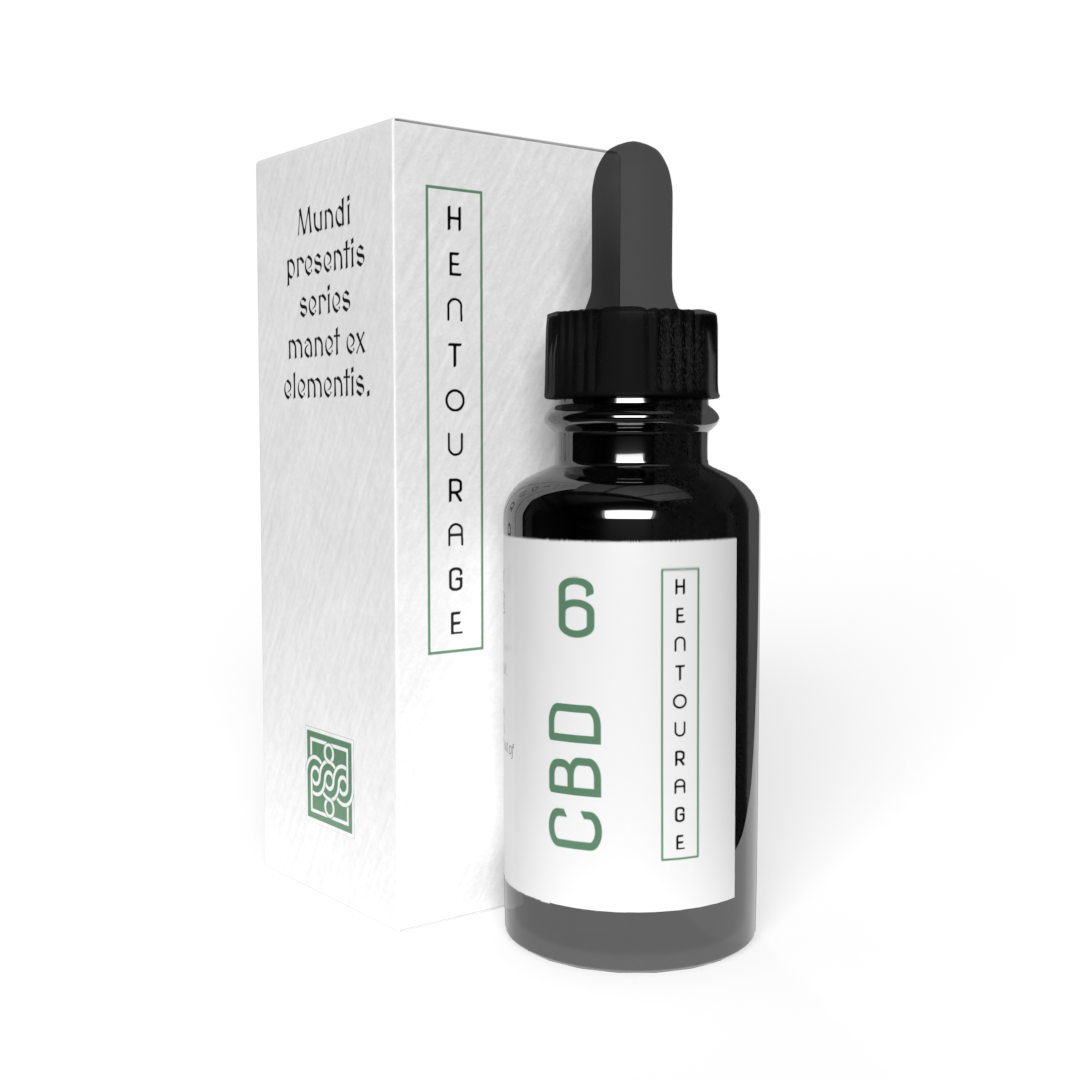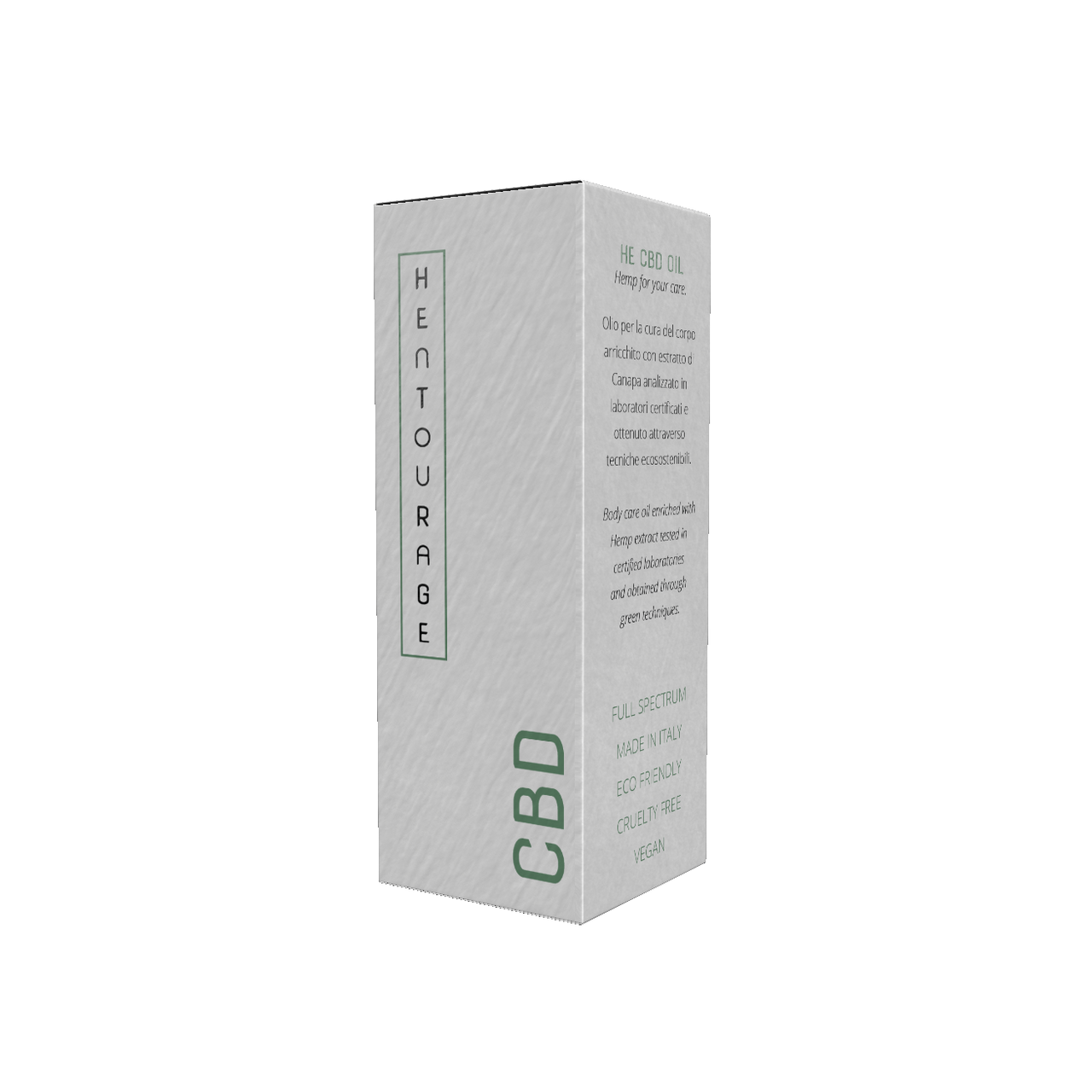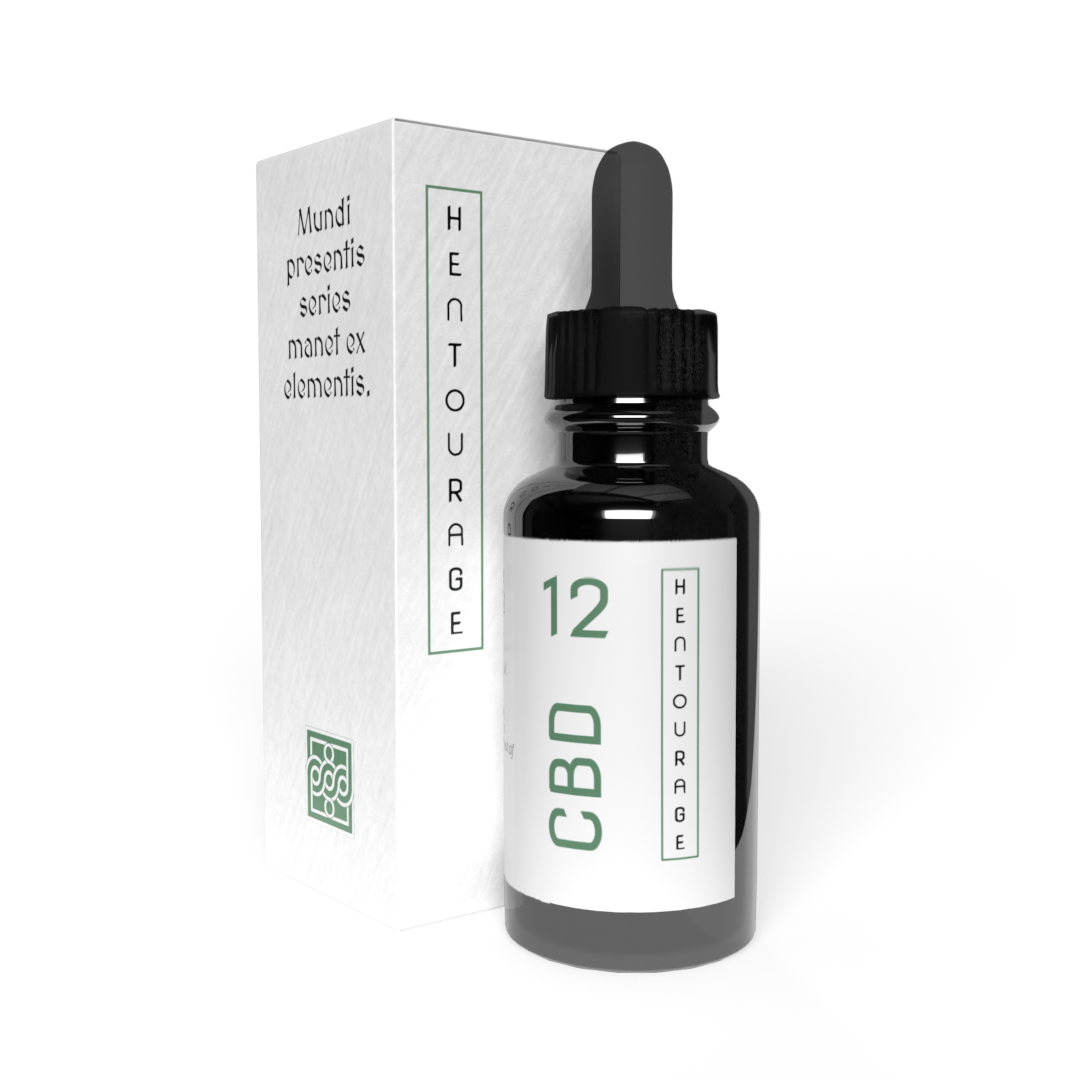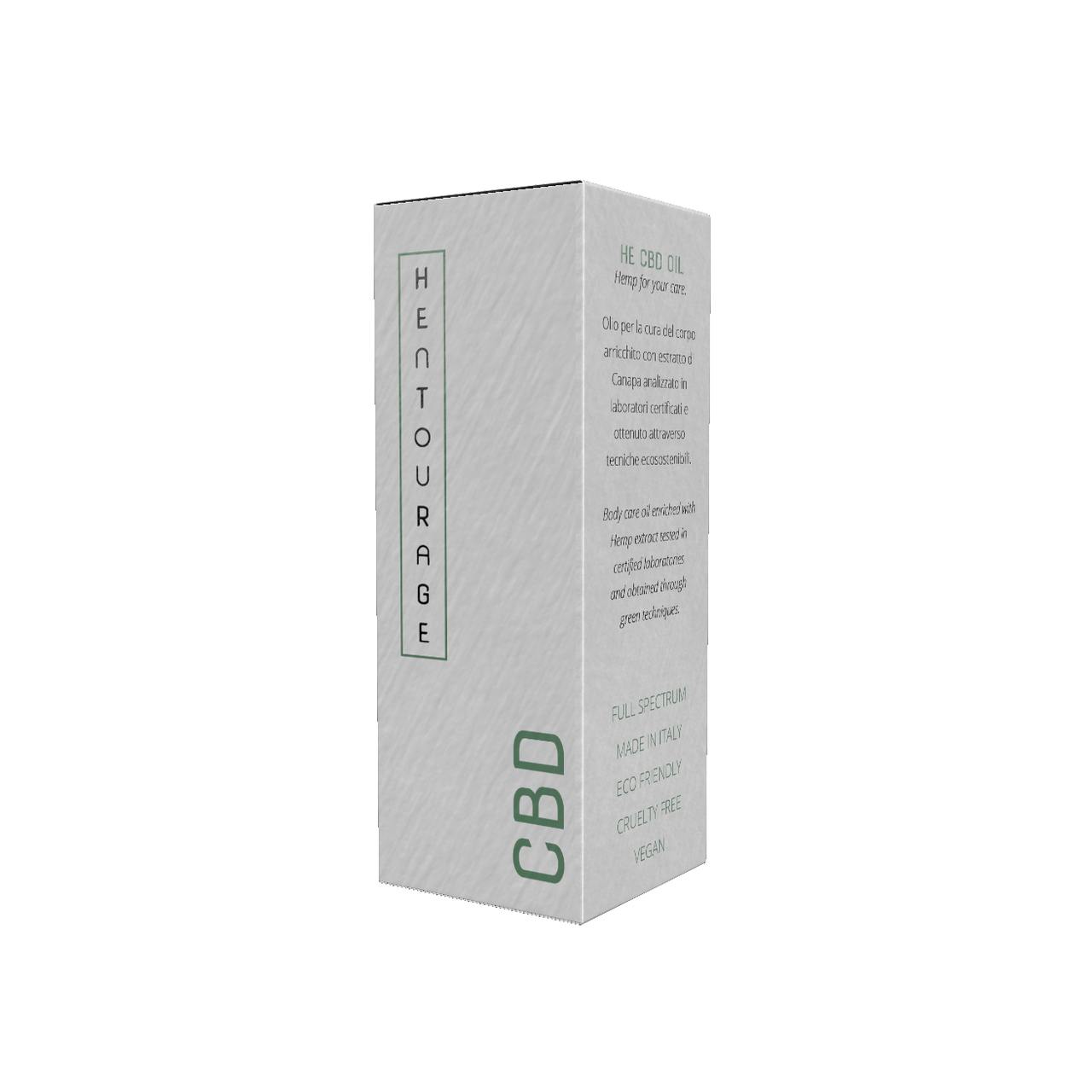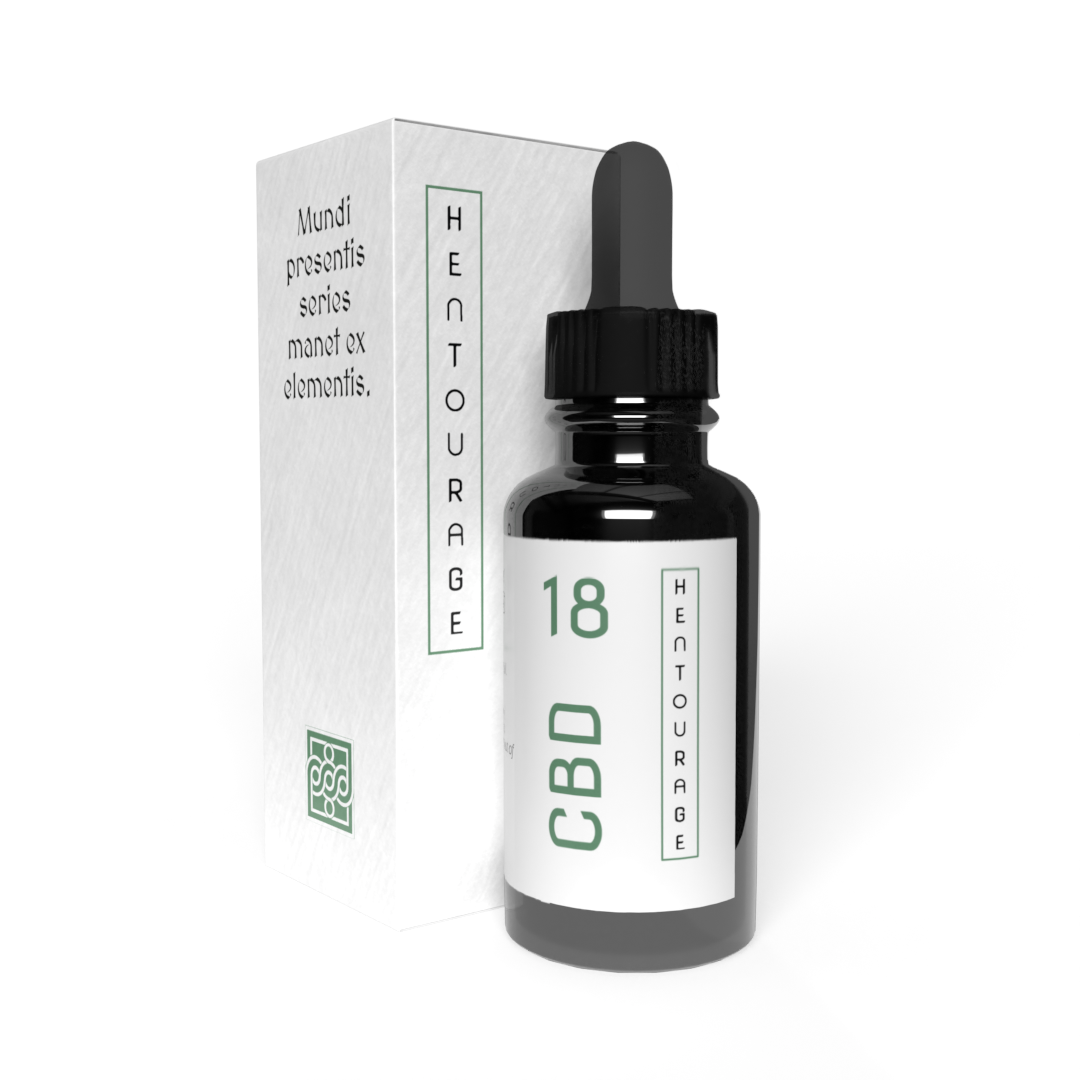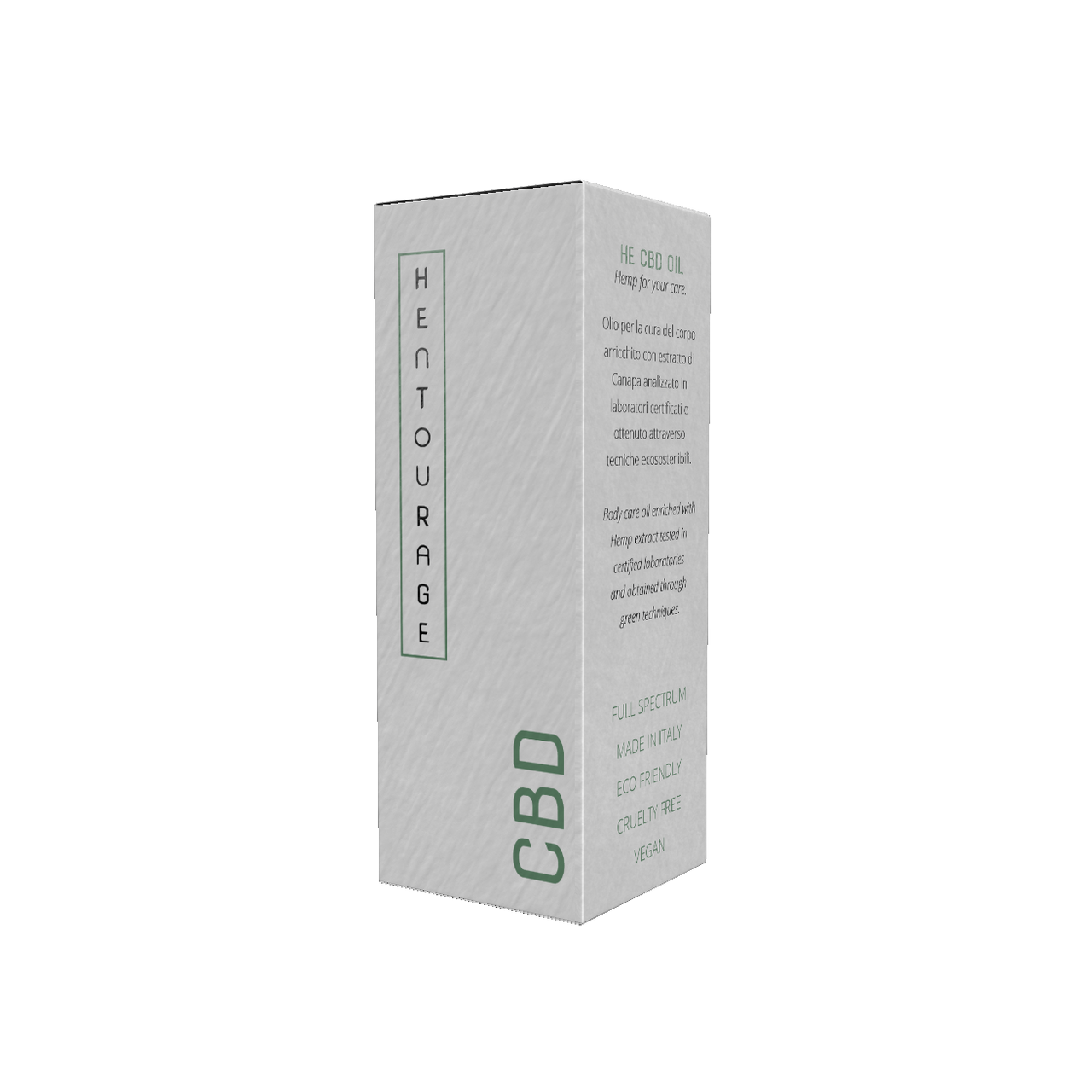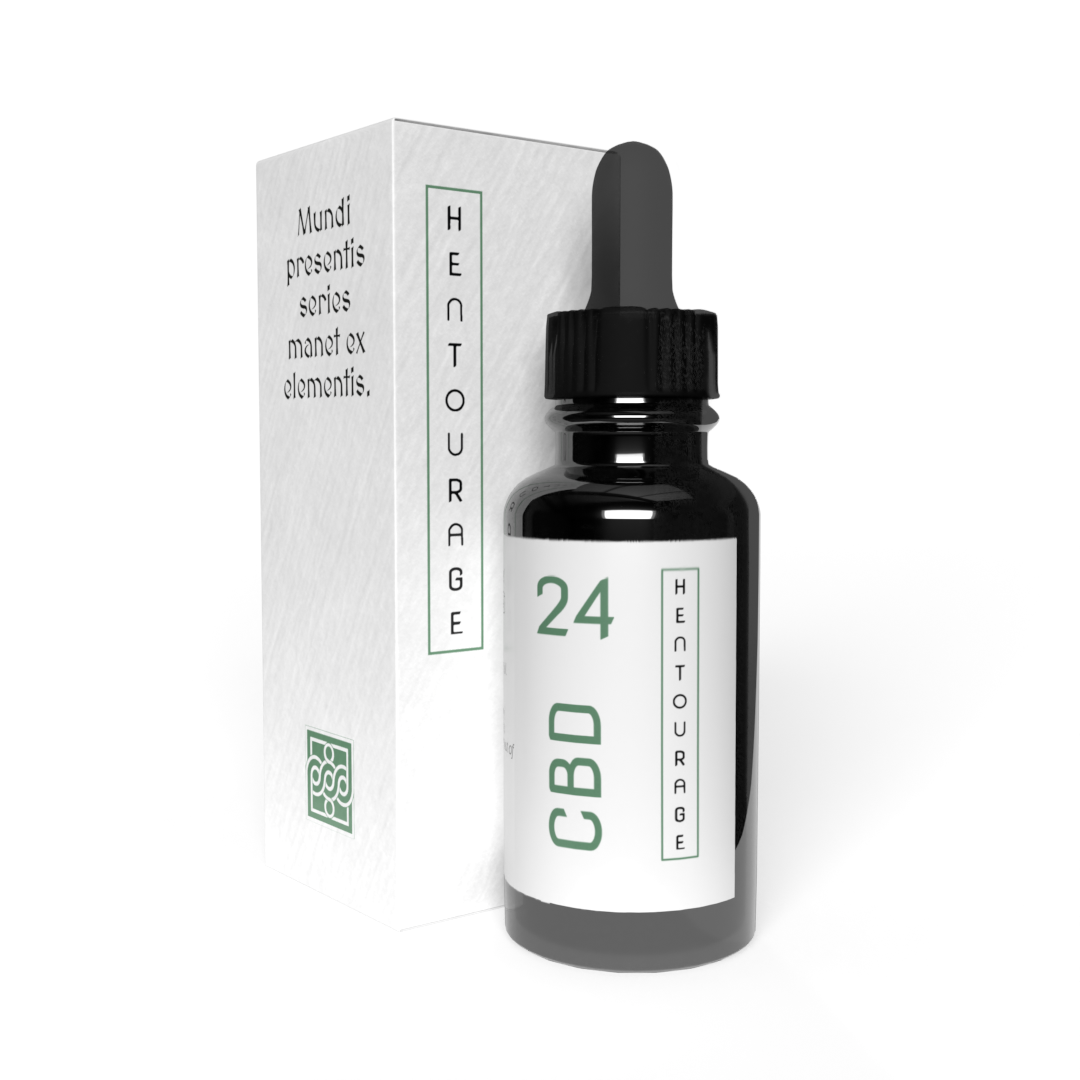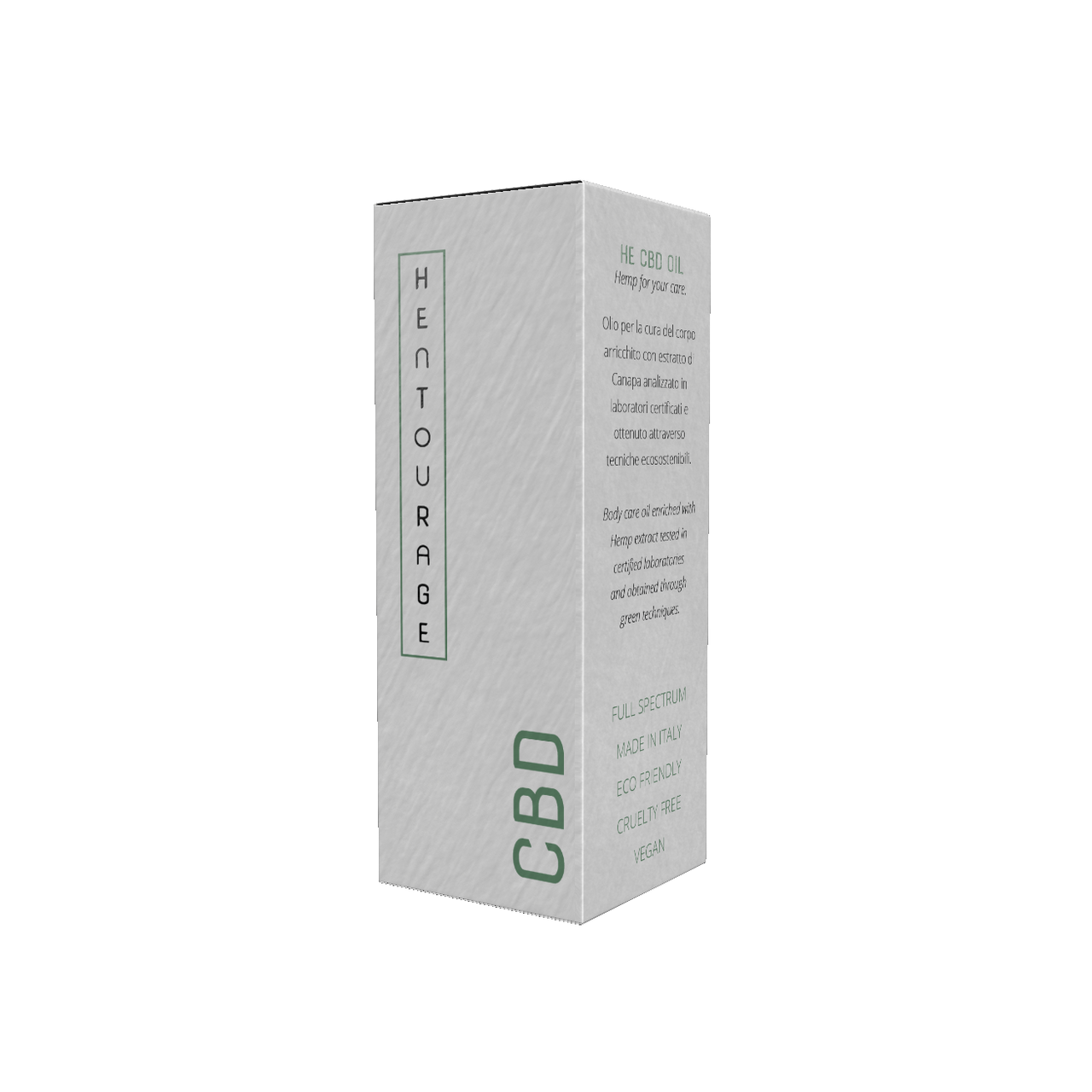CBD FAQs
CBD is an important ally for the care of your psychophysical balance .
CBD FAQ
What is CBD and how does it work?
Cannabidiol (CBD) is a compound extracted from the cannabis/hemp plant, known to interact with the endocannabinoid system of the human body. This system affects various physiological processes, potentially contributing to the relief of symptoms such as anxiety, pain and inflammation.
Benefits of CBD: An Overview of Potential Uses
Research indicates potential benefits of CBD in managing anxiety, chronic pain, inflammation, and neurological conditions such as epilepsy.
How is CBD taken?
CBD can be taken in a variety of ways, including oils and tinctures, capsules, creams, edibles, and hemp flowers.
The choice depends on personal preferences and desired effectiveness.
How Much CBD Should You Take?
There is no universal dose as it varies from person to person. It is recommended to start with low doses and gradually increase until you find the appropriate level. Consulting a healthcare professional may be helpful.
CBD Addiction Potential: Myths and Reality
Current evidence, in both animal and human studies, indicates no risk of physical dependence or abuse associated with taking CBD.
What dosage of CBD is right for me?
The response to the effects of CBD varies considerably from person to person and can be influenced by the route of intake and the amount used. Determining the ideal dosage requires gradual individual adjustment. Many suggest starting with a low dose and carefully monitoring response. If necessary, it is advisable to gradually increase the dosage until the desired level of benefits is achieved. It is strongly recommended that you consult a medical professional for personalized guidance in determining the dosage best suited to your needs
How Much CBD Should I Take?
The ideal amount of CBD can vary greatly from person to person and depend on several individual factors, such as body weight, age, the reason you are using CBD, the presence of additional health conditions, and whether you use other drugs. Scientific studies have tested dosages ranging from approximately 50 mg to 800 mg per day. However, it is crucial to understand that there is no universally accepted standard dose. We strongly recommend that you consult a doctor or qualified healthcare professional to determine the dose best suited to your personal needs. This professional advice can consider individual factors and health conditions, providing a personalized and safe dosage to get the most benefit from CBD.
Is CBD addictive?
Currently, there is no scientific evidence to suggest risks of physical dependence or abuse related to taking CBD, either in animal or human studies.
How does CBD work in the body?
CBD binds to CB1 and CB2 receptors found in the body of all mammals, influencing the release of various hormones. This process may be involved in managing sensations such as stress, fear and pain.
What is the endocannabinoid system?
The endocannabinoid system constitutes a complex network of receptors, enzymes and endocannabinoids present in the central and peripheral nervous system of the human organism. It mainly includes the CB1, CB2 receptors and others still under study such as CB3. These receptors play crucial roles in the transport and regulation of cellular signals.
The endocannabinoid system regulates a wide range of physiological functions, including the management of pain, mood, appetite, sleep, and immune responses. They produce the body's own endocannabinoids that act on these receptors to maintain homeostasis, i.e. the body's internal balance.
Cannabidiol (CBD), one of the cannabinoids extracted from the cannabis plant, interacts with this system, showing cellular protection against oxidation, which is why it is considered promising in cosmetic applications. The synergy between CBD and other natural ingredients can help promote feelings of well-being and relaxation in products dedicated to personal well-being.
Can I use CBD together with medications?
At the moment, there are no sufficient studies on the interaction of CBD with drugs. It is advisable to consult a doctor or pharmacist for more information and precautions.
Can I take CBD during pregnancy?
Despite the lack of studies highlighting negative effects of CBD on pregnant women, as a precaution, we do not recommend taking CBD during this period. If you take medications regularly, it is advisable to consult a doctor to avoid potential side effects.
What is the difference between CBD isolate and full-spectrum CBD?
CBD isolate is a purified hemp extract, obtained from the plant or synthesized in the laboratory, containing exclusively CBD and no other additional components or cannabinoids.
Full-spectrum CBD oil, on the other hand, contains all relevant components of the hemp plant, such as cannabinoids, terpenes and flavonoids (CBD, CBDa, CBN, CBG, CBC, etc.). This type of oil exploits the entourage effect, where the various active ingredients of the plant interact, enhancing each other. This promotes greater bioavailability.
Why does CBD have a high cost?
The price of CBD is justified by the complex and labor-intensive production process. Here are some aspects of our production process:
- Cultivation of hemp plants compliant with GMP guidelines
- Our hemp is harvested by hand so as not to deteriorate the raw material
- Need for specialized laboratory personnel and equipment.
- Producing small amounts of CBD requires a significant amount of plant matter
What is hemp seed oil?
Hemp seed oil is a natural product obtained by cold pressing hemp seeds. It is rich in essential fatty acids such as linoleic acid and gamma-linolenic acid (GLA). This oil represents the most abundant natural source of omega 6 and 3 fatty acids, contained in an ideal ratio of 3:1 for skin health, making it an ideal option for cosmetic products.
Other components include:
- Minerals
- Vitamins A, C, E, B (B1, B2, B3, B6, B12)
- Omega-3, -6, -9 fatty acids
- Hemp proteins
- Beta carotene
What are terpenes?
Terpenes are a wide range of organic compounds produced by different plants, known for their distinctive aromas. In cannabis plants, they contribute to aromatic diversity. These compounds are also popular in aromatherapy and, similar to cannabinoids, interact with the body's endocannabinoid system. Each terpene has its own unique properties and, combined with CBD, can contribute to the "Entourage effect".
Hemp strains typically contain terpenes such as myrcene, limonene, pinene, linalool, humulene, and caryophyllene. In nature, terpenes protect the plant from parasites and attract pollinators thanks to their aromas. Our CBD vape cartridges offer a wide range of aromatic terpene profiles from various hemp strains.
Didn't find the answer you were looking for? Write to us at info@hentourage.shop or in live chat.
